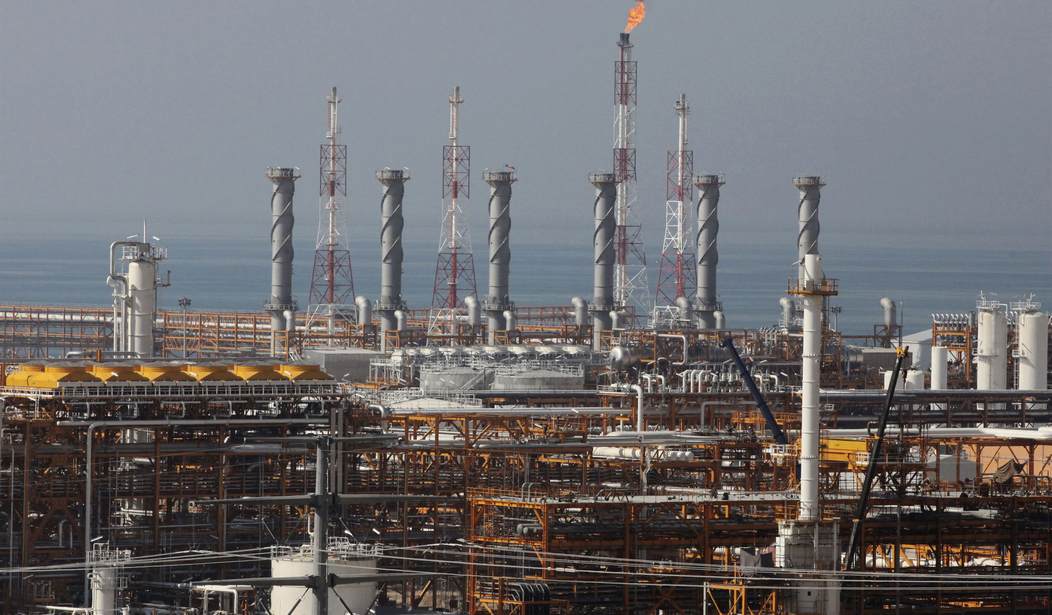In a victory for oil-producing states and the American consumer, a federal judge issued an injunction barring the president and Department of the Interior officials from implementing a “pause” that stopped new federal lease sales and the issuance of new leases previously won in competitive bidding.
Twelve states (Alabama, Alaska, Arkansas, Georgia, Mississippi, Missouri, Montana, Nebraska, Oklahoma, Texas, Utah, and West Virginia) joined Louisiana, led by Attorney General Jeff Landry, in bringing suit in the Western District of Louisiana.
In a press release, AG Landry comments:
“This is a victory not only for the rule of law, but also for the thousands of workers who produce affordable energy for Americans,” declared Attorney General Landry, who led the 13-state lawsuit against Biden’s Executive Order 14008 which declared a moratorium on future oil and gas leasing and drilling permits on federal lands. . . .
“The President’s Executive Order abandons middle-class jobs, cripples our economy, and hits everyday Americans where it hurts the most – their pocketbooks,” continued Attorney General Landry. “What’s more: it attacks Louisiana’s coast by reducing the revenue and royalties used for coastal restoration and hurricane protection.”
The judgment can be appealed to the Fifth Circuit in New Orleans, and ultimately to the Supreme Court.
What’s at stake
The Federal Offshore produces 15% of the nation’s crude oil. With access cut off to new leases, exploration effectively ceases and is forced into a “going out of business sale”. This would affect the economies of Louisiana and Texas most directly, but the supply chain for offshore stretches from coast to coast.
Since 2006, states adjacent to offshore federal lands have shared in GOMESA funds. Louisiana receives the largest cut by far, and most of those funds are dedicated to coastal restoration. Ironically, Louisiana’s fragile environment would be one of the biggest unintended victims of the Biden Leasing Ban — to the tune of an estimated $57 million.
Unlike offshore, inland states enjoy a 50% share of royalties on federal lands within their borders. For example, sixty percent of New Mexico’s oil production is on federal lands. (Note that New Mexico did not join the suit.)
The average price of gasoline nationwide is $2.97, up nearly a buck from last November. The crude oil price is up over 50%. Less leasing would mean less supply which would translate to even higher prices for the consumer.
Perhaps the biggest issue of this suit is whether a president, by executive action, can exercise such scope of power. Offshore lease sales have been conducted annually, often semi-annually, since Congress adopted the Outer Continental Shelf Lands Act in 1947. America’s oil and gas industry has delivered on the goal of energy independence, a goal advocated by presidents since Richard Nixon. Joe Biden was a political bystander through this entire process; it is absurd that, as president, he should threaten so much national progress with the stroke of a pen.
(Here are pdf links to the injunction and the supporting memorandum.)












Join the conversation as a VIP Member